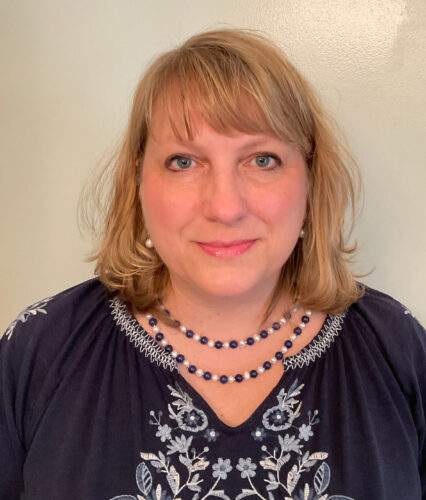K-12 Computer Science Teachers Problems of Practice
Recently, K-12 teachers in Indiana spoke to us during #CSTAPDWeekIN (CSTA PD Week in Indiana) about problems of practice that they have experienced or witnessed during their time teaching CS. We highlight here a few of their thoughts.
—-
K-12 CS teachers from Indiana recently shared problems of practice with us that they have witnessed or experienced related to computer science education. Three of these addressed the lack of trained teachers and how that impacts schools and students, misconceptions about who belongs in CS, and the lack of funding for CS education despite state-wide mandates.
Lack of trained teachers
Danielle Carr, CS teacher at Lake Central High School and CS instructor for IndianaComputes!, said, “I wish they (researchers) knew that many of the teachers teaching CS don’t have a background in CS.” Echoing this, Jennifer Hanneken, school library media specialist at Lawrenceburg Community School Corporation, noted that, “Schools need to be required to have computer science taught by a qualified, certified teacher. They need to understand the enormity of the standards.” This is especially true if we are to achieve equitable learning outcomes so that all students receive quality computer science instruction. Of the 35 teachers we spoke with, nearly one-third indicated that they were second career teachers who came from industry and were asked to teach CS specific courses. Nearly half of the teachers were asked or voluntold to teach CS in their schools with limited to no background in CS specific content. This phenomenon is not unique to Indiana and is a known issue in other places around the country and the world. It speaks to how important it is to consider this in our research, particularly how it relates to student outcomes.
Misconceptions about who belongs
Teachers were also aware of the critical aspect of student and teacher perceptions about “who” belongs in CS. Carr further said, “There is a stigma of who ‘should/can’ do computer science”, which inevitably impacts recruitment to courses. Carrie Koontz, 6th grade science teacher at Edgewood Junior High School, echoed this, “Students consider CS as a subject for certain people, not for everyone.” While national statistics (such as those provided by Code.org) display an increase of students studying CS who are from historically excluded populations, there is still a long way to go. Equitable CS education is and continues to be a critical goal that must be achieved both in Indiana and nationwide if we want to broaden participation. Overcoming the notion of who “belongs” is an important first step.
Funding for all aspects of CS education
One of the teachers, Kathryn Dunphy, a K-5 teacher at Avon Community School Corporation, said that “there is an assumption of what Computer Science is, so funding is not provided for what is needed, outside of maybe computers.” Several other teachers said that lack of funding for CS education programs, manipulatives for younger students, and related resources are often pushed to the bottom of budgets each school year. As the policies move forward in state after state and district after district, policymakers and legislatures must ensure that mandates are funded adequately to ensure the best learning outcomes for their students.

Jennifer Hanneken

Danielle Carr
Interested in learning about more problems of practice? Click here

Comments are closed